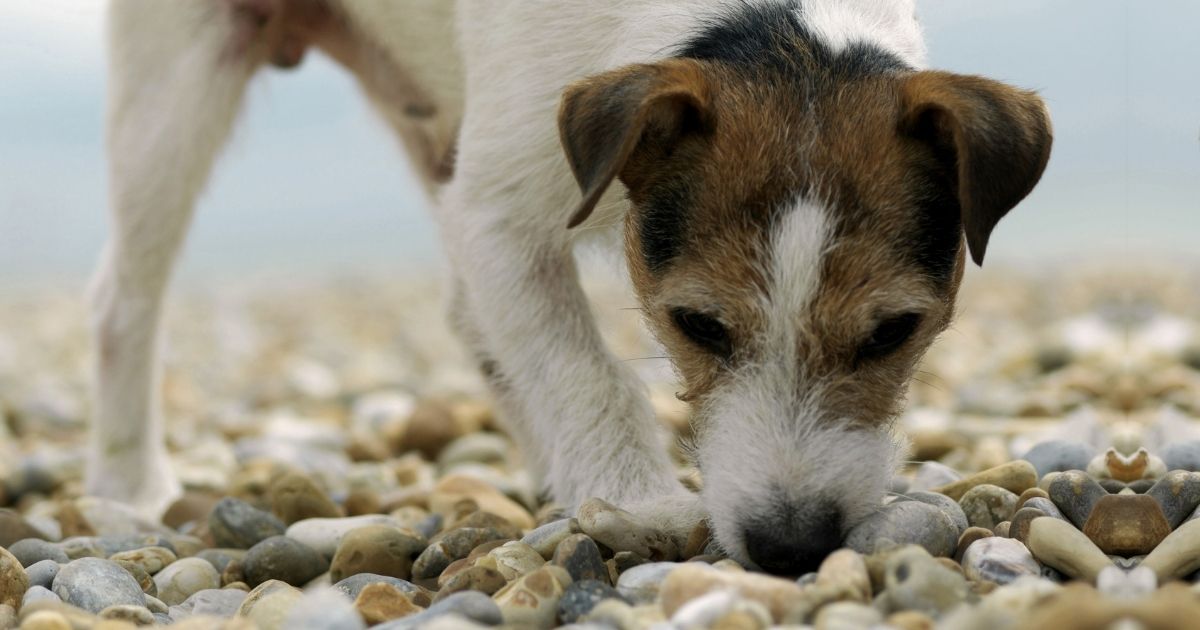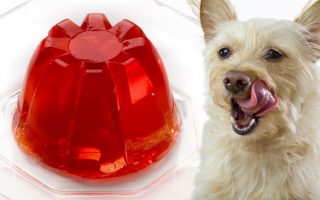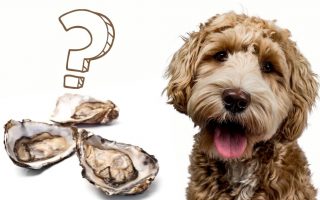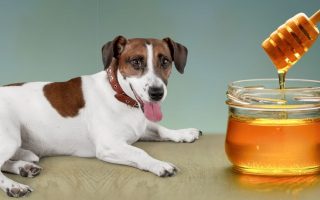Dogs do weird things, sometimes. It could be rummaging through the garbage, nipping at heels, barking at no one in particular…or eating ants as dessert.
That tiny creepy crawlies can surface out of anywhere, even in a clean environment.
Their gathering instinct often leads them to where open food can be found, including the bowl labeled ‘JACK’. Your dog sees them, and it’s bonne appétit.
As a caring pet parent, you may be concerned about the health of your ant-eating dog.
Even if your dog shows no signs of illness or poisoning—but can dogs eat ants? Are ants safe for canine consumption?
Chances are, you don’t eat ants, and it’s unlikely that you know someone who does.
Nonetheless, ants and insects are considered edible by a large number of people.
According to a report from the United Nations, around 2 billion people add insects to their regular diet. That’s a high number, and it should make you more curious about the nutritional value of ants and insects.
Read on to find out if you should encourage your canine to feast more on ants or get him straight to a vet to get examined.
Can Dogs Eat Ants?
The answer is yes! The only concerned party in the dog-ant relationship should be the ants. Those poor creatures are prey to many animals, including birds, bears, and humans.
What makes it worse for them (but good for the predator) is that they are rich in nutrients.
Experts have pointed out that insects are high in protein, with ants being one of the best sources of insect protein.
Insects are considered highly nutritional; the majority of them are rich in protein, healthy fats, iron, and calcium, and low in carbohydrates.
Medical News Today
That is exactly what a dog needs. A typical canine diet should have more protein and fewer carbs, which makes ants a healthy meal.
It doesn’t stop there. Many dog foods include protein derived from insects—ants included.
Studies have backed this practice up, with some reporting that dog food with a touch of insect digest easily and has good amino acids fit for dogs.
Speaking of amino acids, ants have about 10 that will boost a dog’s health. They include histidine, arginine, valine, threonine, tryptophan, and isoleucine.
Wait. Can dogs eat flying ants also?
Yes! Dogs can eat flying ants. This does not mean they should be fed flying ants as a source of food, as they could end up with stomach problems like diarrhea and vomiting.
Why Do Dogs Eat Ants?
It is one thing to know that a dog can eat ants, but it may come off as strange behavior to you. However, it isn’t quantum physics.
There are many reasons that a dog will eat ants, but it is not that serious. Your beloved pooch hasn’t gone bonkers.
Here are some of the reasons:
- Prey drive: Your dog could be digging a hole in the yard or enjoying free play when he’d spot tiny ants moving along. Sensing them as prey, his hunting instincts would kick in.
The result would be ants going into his mouth. Dogs with a high prey drive can take anything as prey, and ants are not exempted.
- Curiosity: Dogs have a babylike curiosity that pushes them towards trying new things. He sees a couple of miniature creatures, wonders what they taste like, and proceeds to have some as snacks.
If he enjoys them, he will reach out for an encore.
- They got in his food: This is the most common reason a dog can be found feasting on ants. They got into his food, and he takes them as supplements.
Whatever the case may be, your dog eating ants is normal behavior. Don’t freak out.
Can my Dog Get Sick from Eating Ants?
So far, we’ve highlighted the many benefits of ants and insects to canines.
Having done that, let’s flip the coin and look into the possible cons of ants to dogs. While there is nothing toxic in ants, a little caution is required.
Ants can trigger allergic reactions in a dog, leading to some uncomfortable symptoms. This doesn’t always happen, but you should keep it in mind.
If your dog is prone to allergies, keep his immediate environment free of ants.
There’s also the possibility of stomach aches, especially if your dog went overboard in eating the ants. While the ache isn’t fatal, it is discomforting for pooches.
The biggest dangers a dog may face are defensive ants who will strike to protect themselves. This is the case with red ants and fire ants.
Some dogs have the good sense to avoid these particular creatures, others don’t. If your dog gets stung, get him checked at the vet.
Is it Safe for Dogs to Eat Ants from Dog Food?
Ants in a dog’s food pose no significant threat (except for the stingers) and will provide extra supplements to the dog.
Plus, it is normal to see a few ants crawling in a dog’s meal. As we’ve mentioned, ants are not toxic to dogs.
However, you should be concerned if you see a lot of them infesting your dog’s bowl.
It isn’t healthy for a dog to consume ants in excess, so stop him from eating and dispose of the food. Do the same if you discover fire ants or red ants.
In addition, you can take preventive steps if the idea of your dog eating ants still bothers you.
Put his eating bowl in shallow water to get rid of any ant, and keep his food at a place where ants can’t get to. This would help reduce the chances of them getting in his meal.
Another preventive step is to keep your environment clean and supervise your dog while outdoors. Also, check his coat when he comes in from the yard to make sure no ants stay attached.
This is both messy and slightly dangerous as the ants may lead to irritated skin and swellings.
What will happen if my dog eats ants?
Generally speaking, ants are not toxic to dogs and you should face no problems if your dog happens to eat a few of them.
However, too many ants can lead to stomach troubles and may cause an allergic reaction if your dog is prone to food allergies.
Do not let them eat too many ants. Other than that, ants are safe and nutritious for dogs.
Can ants kill a dog?
Some ants are dangerous and get defensive if they perceive any threat. While one tiny ant’s sting is not enough to cause great harm to a dog, ants move in colonies.
Your dog could get bitten by many ants at once. Numerous ant bites can cause swellings, red spots, and breathing difficulties. Get your dog to the vet immediately if you notice these signs.
Can black ants harm dogs?
Black ants are not known to be dangerous, but some sting. Their bite can affect an allergic dog or cause skin problems to a normal one. Do not allow your dog to be around a colony (or anthill) of ants.
Can dogs get sick from eating ants?
Although ants are nutritious to dogs, a lot of them can make your dog feel sick in the stomach. Do not let your pet keep eating if you discover a lot of ants in his meal. Ant bites can also make a dog fall ill.
Why are ants all over my dog?
Ants are often found where open food is, and dog food in a bowl is a perfect spot. Your dog may equally get some ants on his coat while outdoors. Always examine your dog and remove any ant you find from his skin.
How to get ants off my dog?
You can use a bristle brush or a lint brush. If they are too many, bath him.
Wrap Up
We may be seeing more ant-based dog food in the nearest future as more researchers discover the immense benefits of these tiny creatures to your dog.
We don’t recommend that you encourage your dog to eat more ants, but we advise you not to panic either.
Take necessary measures to avoid all the problems we’ve come across, and your dog will be fine.
You can head to the store and get some insect-based dog food. It’s a great addition to your pet’s regular diet. However, make sure it’s okay with a veterinarian before you proceed.
You May Also Like:
References:
- Medical News Today: Grub’s up! How eating insects could benefit health
- Journals of Nutrional Science: Protein quality of insects as potential ingredients for dog and cat foods







